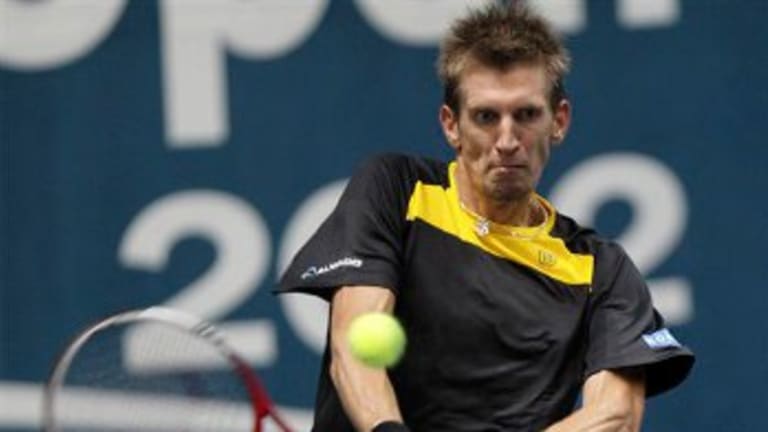Serena Williams withdrew from the China Open a few days ago. Okay, may the gods forgive me for wrongfully accusing Serena if she is truly sick; all we have to go on (should we want to “go on” anything) is her brief Twitter missive: “Flu no fun.” But did anyone else notice that this is the second consecutive year Serena has pulled the plug on Beijing, citing illness?
I’ve always been a supporter of players’ rights in the sense that I don’t believe much in making people do what they don’t want to undertake. On the other hand, players and their representatives go into the lucrative, highly-organized culture of pro tennis with an awful lot to gain, and most of them will tell you (if not always backing it up with their actions) that they’re willing to accept some measure of obligation in order to keep the game coherent, credible and—lest we forget—profitable for all parties.
The reality is that you can’t make players do anything they decide to avoid, but creating the impression that they’re going to fulfill their commitments—and then looking the other way when, for whatever reason, the player welches—isn’t fair to the ticket-buying public and tournament promoters. If you want to know how big a problem this is for the WTA, and to what lengths the organization goes to create at least the illusion of control, just read the WTA rulebook regarding commitments.
You can argue that Serena has earned the right to pick and choose where and when she wants to play, and I’m fine with that. It’s just the wink-wink nature of such withdrawals that irritates me, and that shortchanges expectant fans and tournament personnel. I rather that a player refrain from entering and then ask for a wild card at the 11th hour, should she change her mind, than have her enter and inevitably withdraw.









